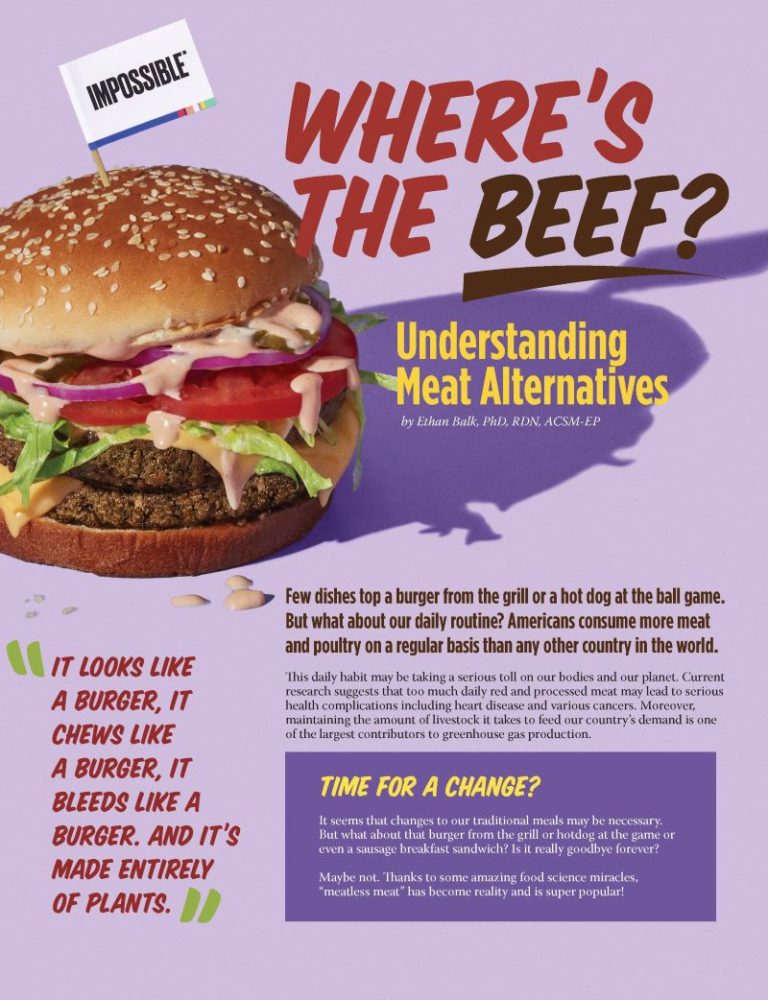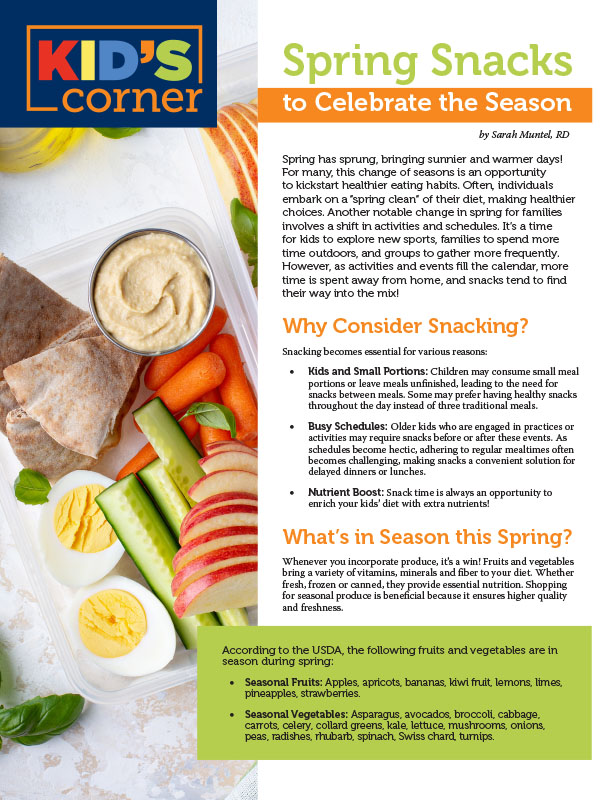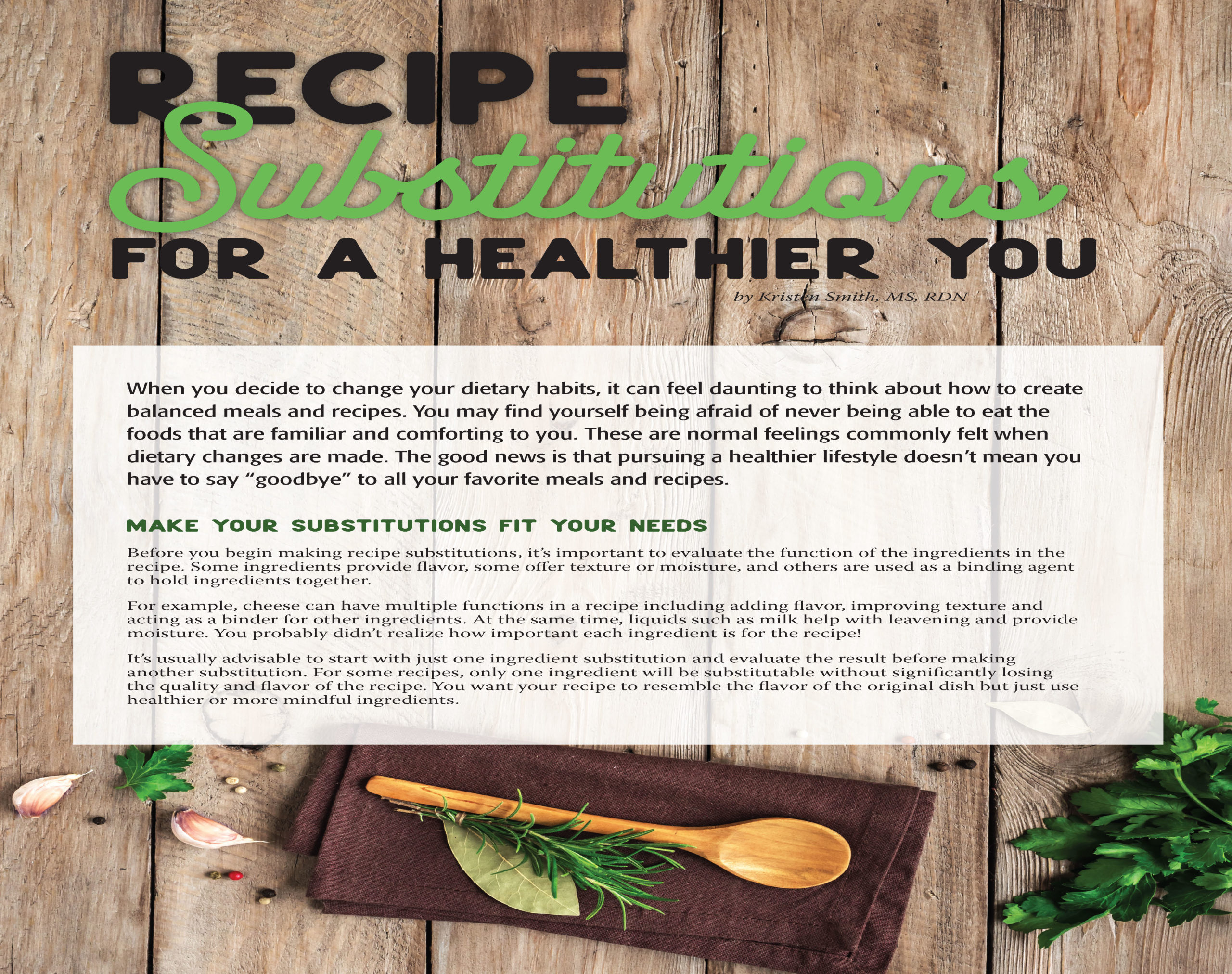Where’s the Beef? Understanding Meat Alternatives


by Ethan Balk, PhD, RDN, ACSM-EP
Fall 2019
Few dishes top a burger from the grill or a hot dog at the ball game. But what about our daily routine? Americans consume more meat and poultry on a regular basis than any other country in the world.
This daily habit may be taking a serious toll on our bodies and our planet. Current research suggests that too much daily red and processed meat may lead to serious health complications including heart disease and various cancers. Moreover, maintaining the amount of livestock it takes to feed our country’s demand is one of the largest contributors to greenhouse gas production.
Time for a Change?
It seems that changes to our traditional meals may be necessary. But what about that burger from the grill or hotdog at the game or even a sausage breakfast sandwich? Is it really goodbye forever?
Maybe not. Thanks to some amazing food science miracles, “meatless meat” has become reality and is super popular!
A Look Back to Options to Date
A few new companies are making major waves in the meat business with their new meatless meat products. Of course, the attempts to construct “veggie meat” are not new. There are many popular brands that have been successfully selling veggie versions of popular meat items including veggie burgers, tofu dogs, veggie sausage patties and so on for decades. And while variety and taste have improved over time, let’s be honest. It’s not a burger. It’s not a hot dog. A vegetable patty? Sure. But as far as burgers go, it’s a completely different ballpark.
Today’s Reality
And then it all changed with the arrival of the Impossible Burger and Beyond Meat, two popular brands that are re-inventing the veggie burger. These two products are skyrocketing in popularity as word of their meatless meat advances gain attention. Let’s be clear, their meatless burgers are the real deal. Some might even say they are creepy real. It looks like a burger, it chews like a burger, it bleeds like a burger. And it’s made entirely of plants.
What?! Is this the Twilight Zone?
Ok. So, meat that’s not “meat.” What gives, right? A burger made entirely out of plants that still tastes like a burger.
Are They Healthy?
We all remember the magical Snackwell cookie – like so many things, too good to be true. Does it mean that meat alternatives are too good to be true as well?
The companies that produce these meat alternative options keep their recipes tightly guarded. However, a look at the ingredient lists and nutrition facts labels can give you an idea of what it takes to make these burger options and some idea about how healthy they are.
Let’s take a look…The Impossible and Beyond burgers contain higher amounts of sodium, carbs and fat than a traditional burger (so if you are on a restricted diet, check with your healthcare provider before making these a part of your meal plan). However, they also contain more iron, fiber, calcium and vitamin B12 than a traditional meat burger.
Additionally, it is important to look at the entire nutrient profile of each option and understand that:
- The macronutrient content is very similar among each type of burger – a few more carbs in the plant burgers (which makes sense because they’re plants).
- The fat content is a bit higher in the Beyond Meat Burger because of the use of a few types of oils, including coconut oil which has saturated fat—even though it comes from plants.
- The amount of protein for all three burger options is basically the same.
- One four-ounce meat alternative patty contains three grams of dietary fiber. That’s a big deal since most Americans do not consume enough dietary fiber in their daily meal plans.
The case for the plant burgers may lie in the “micronutrient fine print.” Although sodium is higher in both the Impossible and Beyond burgers, these plant burgers are great sources of calcium, iron, potassium, thiamin, niacin, vitamin B6, folate, vitamin B12 and zinc. Having one of these burgers and a side salad is a load of vitamins and minerals!
So overall, when compared to meat from a cow, these options are probably better for us and definitely better for the planet!

What to Look for When You Shop
It is important to remember that a meatless meat product is processed. This means there are certain combinations of ingredients included to produce the look, taste and texture of its intended counterpart. As with all processed foods, not all veggie burgers are created equal. So, when shopping, read the product’s ingredient list first. The ingredients that produce red flags in meatless meat products would be added sodium, the inclusion of nitrates or nitrites (which are linked to increased risk in various cancers), the types of fats used in the recipe and whether the product contains actual plant proteins as opposed to grains and fillers.
When choosing a meatless meat product, look for a product that:
- Contains plant-based proteins: soy or pea proteins, quinoa, tofu or beans.
- Most closely mirrors the amount of protein in real meat: 20 grams per serving.
- Uses the least amount of sodium: ideally, less than 300 milligrams per serving.
- Has the least amount of fat (particularly saturated fat): less than 10 grams per serving.
Where’s the Beef Alternative?
The popularity of the Impossible and Beyond burgers has exploded overnight. And like all food trends, not all options for sampling these meat alternatives are healthy—even if they are convenient.
The healthiest options for sampling these new food innovations, like most eating options, come from your grocery store and are prepared at your home. Sold frozen, they can be found at Whole Foods, Publix, Kroger, Giant Eagle, Target, Safeway, Walmart and Albertsons—just to name a few.
If you are looking to try out these non-meat burgers without preparing them yourself, there are numerous options. Just keep in mind that portions at restaurants are generally larger and contain the toppings we noted that top on the calories. White Castle, Subway, Cheesecake Factory and—most recently—Burger King have all rolled out sandwich options made with Beyond or Impossible meat alternatives.
Conclusion
Overall, it is safe to say we should all probably be eating less meat for the health of our bodies and our beautiful planet. It’s no secret – plants are good for you. Really, really good for you. Thankfully, with the help of science, we don’t have to miss out on some of our traditional favorites. So, why not shake up your usual routine and add some plant-based “meats” to the daily mix? You might be pleasantly surprised.
About the Author:
Ethan K. Balk, PhD, RDN, ACSM-EP, is an assistant professor of nutrition and public health at Western Connecticut State University. He also works as a clinical dietitian at Yale’s Metabolic and Bariatric Surgery Center in New Haven, CT.
by Sarah Muntel, RD Spring 2024 Spring has sprung, bringing sunnier and warmer days! For many, this…
Read ArticleWith the holidays behind us and 2022 now here, many of us are ready to tackle our…
View Videoby Kristen Smith, MS, RDN Winter 2022 When you decide to change your dietary habits, it can…
Read Article









